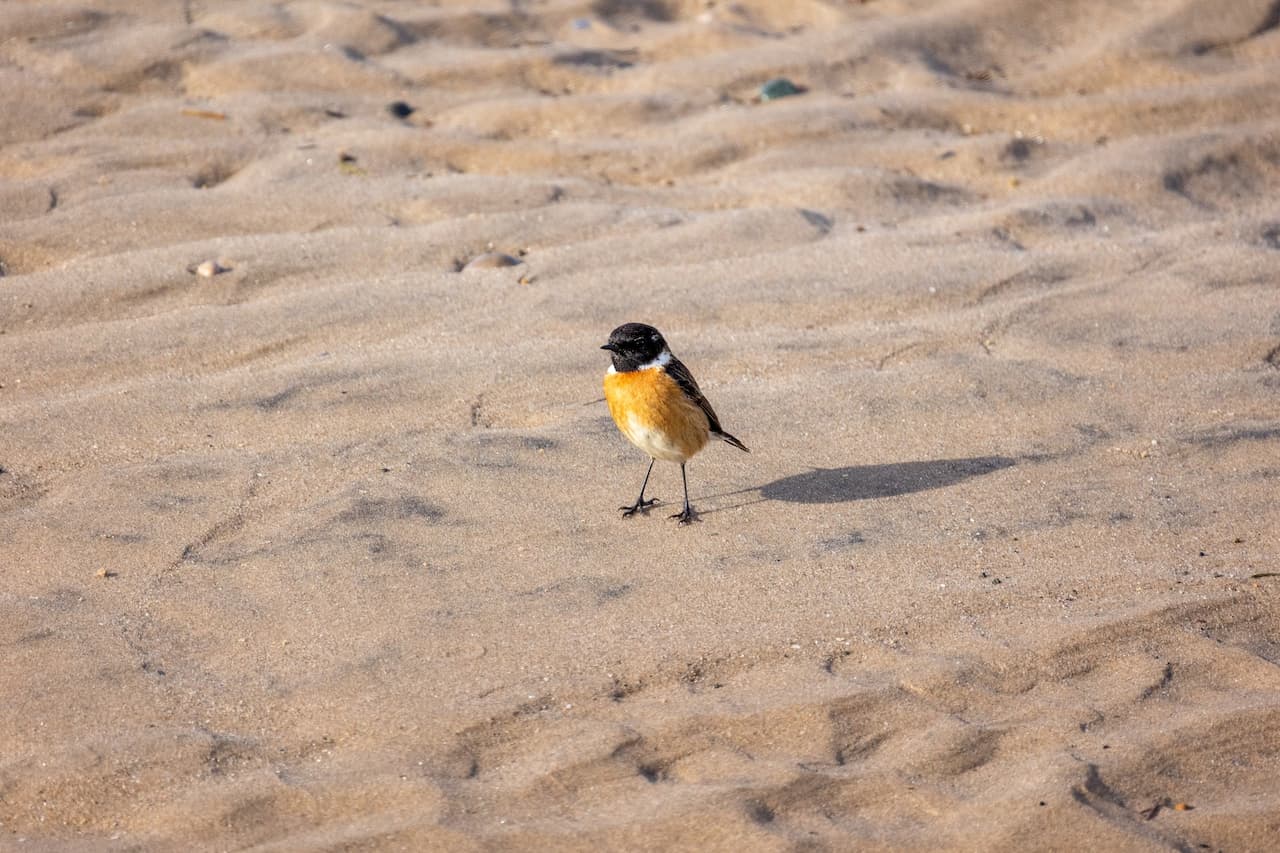Birds and Window Collisions …
Birds and Window Collisions
Contemporary homes and modern office buildings often use reflective glass for insulation purposes, as well as having aesthetic benefits. But they can be lethal to birds, who can’t distinguish the difference between the real sky and a reflection of the sky in a window.
In the United States alone, it is estimated that each year during migration, millions of birds fly full tilt into windows and are seriously injured or killed. Migration isn’t the only time homeowners have trouble with bird-window collisions. Birds may hit your windows during breeding season, and in the winter too. During the breeding season, male cardinals, woodpeckers, and mockingbirds may “fight” their own reflections in windows (and car mirrors). They’ll stop banging into the window as the breeding season ends.
You can do various things to minimize these collisions:
- Break up the reflection on the outside of the window with a window screen, flash tape, and bird netting.
- Planting trees and installing window awnings to block the sun from hitting the window may eliminate some reflection. Regardless of the season, birds can fly into windows when they’re frightened while visiting a feeding station. Either move the feeders a considerable distance away from the window or immediately adjacent to the window (so birds don’t get up to flight speed before hitting the window).
- Please note: Life-size, animate “scares” (plastic falcons, owls, and balloons) and falcon or owl silhouettes attached to windows with suction cups are only short-term deterrents.
Back to Resolving Backyard Wildlife Problems
The following text was adapted from (and added to) a US Fish and Wildlife Service pamphlet, “Homes for Birds“.




